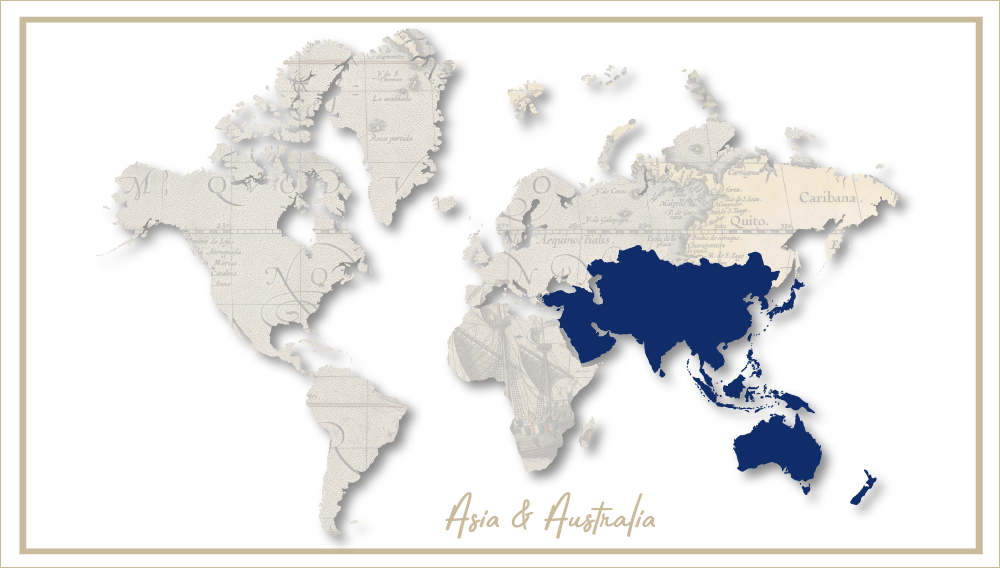Molson Coors and Cobra India set up a joint venture
So India is next for Molson Coors. Hope they know what they are in for. On 23 June 2011 Molson Coors and Cobra India announced the formation of a joint venture that will brew and market Cobra beer in South Asia.
Under the terms of the agreement, Molson Coors will purchase a controlling stake of Cobra India from the existing shareholders and will have operational control over the new Molson Coors Cobra India.
The joint venture will be chaired by Lord Karan Bilimoria, Cobra’s founder and chairman of the Cobra Beer Partnership in the UK. Molson Coors will be investing additional capital in Molson Coors Cobra India to meet the working capital requirements and the future expansion plans of the brewery operations. The total investment by Molson Coors is approximately USD 35 million.
The capacity of the Indian brewing industry for the year ending March 2011 was just under 27 million hl. Total beer consumption was only 17 million hl or 1.4 litres per capita. The Indian beer market is expected to grow at 12 percent annually and is estimated to reach 50 million hl beer by 2020 – if the optimists win over the realists!
While SABMiller’s Haywards 5000 is the number one strong beer brand, UB’s Kingfisher is the largest-selling beer brand overall in the market.
The Molson Coors deal with Cobra India includes land, a 175,000 hl brewery in Bihar state, with potential to expand to 500,000 hl, and a beer portfolio consisting of Cobra Premium, King Cobra Superior and Iceberg 9000, it was reported.
The deal is an extension of the Molson Coors and the Cobra Beer joint venture in the UK (owned 50.1percent by Molson Coors), signed in 2009 that gave Molson Coors the right to produce and market Cobra beer in the UK where it is sold in 6,000 mostly Indian restaurants. The reason Cobra Beer entered into a joint venture with Molson Coors was that the company had run into financial difficulties and had to be put into administration. Despite sales of nearly USD 320 million (2008), Cobra Beer had never made a profit in 20 years, UK media reported at the time.

